Authors

 | Tim HarperProfessor Tim Harper focuses on history of Southeast Asia and lead School of the Humanities and Social Sciences. Professor Harper is also a Director of the Centre for History and Econom |
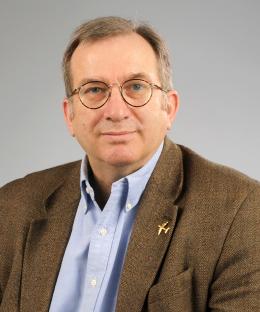 | Petros C MavroidisPetros C. Mavroidis joined the faculty in 2003. He served as a member of the World Trade Organization (WTO) legal affairs division from 1992 to 1995 and has been a legal adviser to the WTO since 19 |
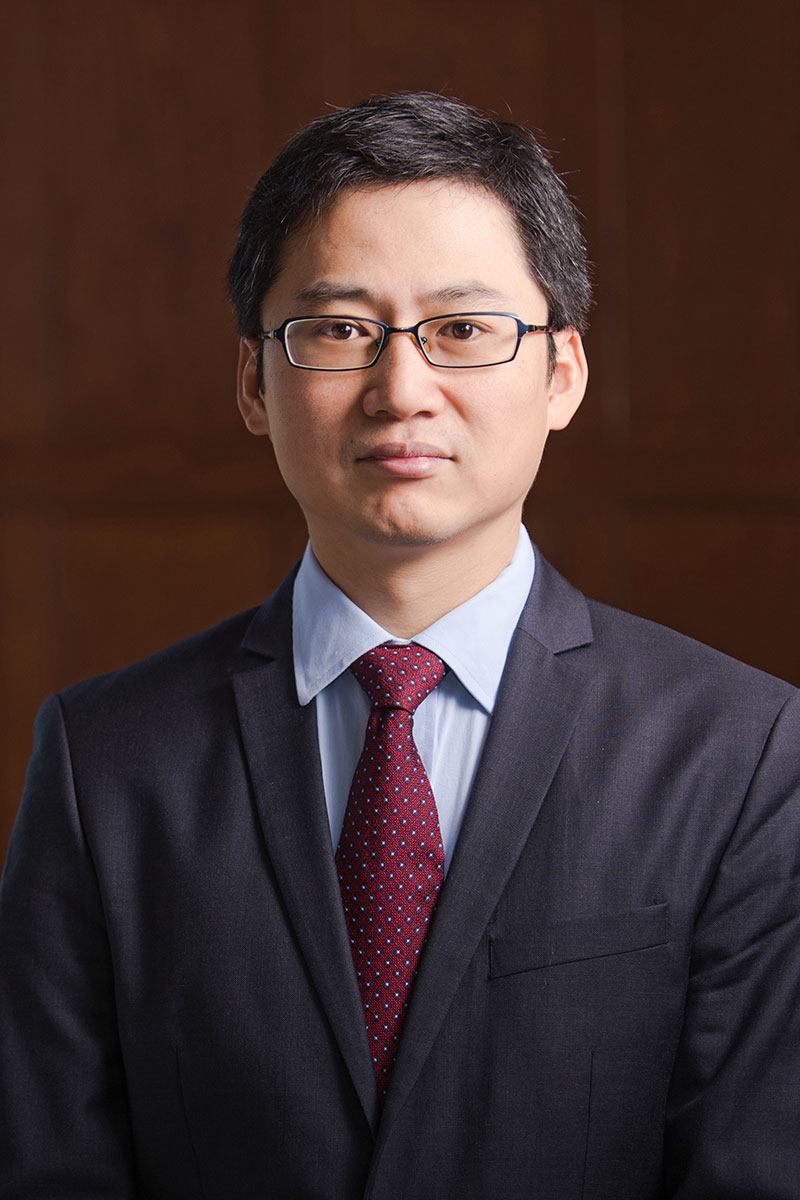 | Jin XuMy research has focused on religious and funerary art in early medieval China (220-589 CE). During this period, Chinese culture was transformed by the arrival of immigrants from the Mongolian stepp |
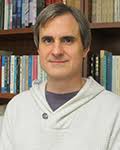 | Steven B MilesA common theme in Steven Miles' research projects has been the physical movement of people across space, from the early nineteenth-century literatus Xie Lansheng’s peregrinations in urban Guangzhou |
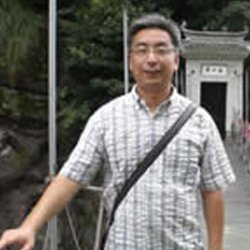 | Dong GuoqiangProfessor Guoqiang Dong received his Ph.D in 2002 from Nanjing University. His doctoral dissertation was “Modern Chinese Liberalist Intellectuals and their Political Trends—1910-1930.” |
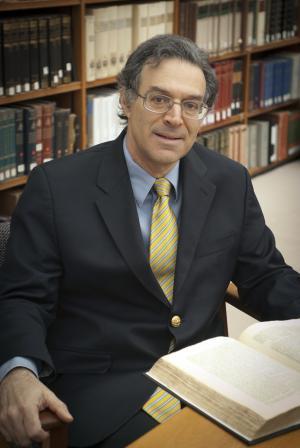 | Kenneth PomeranzKenneth Pomeranz is a University Professor of History and in the College; he previously taught at the University of California, Irvine. His work focuses mostly on China, though he is also very inte |
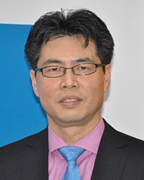 | Yuqing XingYuqing Xing is a Professor of Economics of the National Graduate Institute for Policy Studies (GRIPS) in Tokyo. He served as the Director of the Capacity Building and Training Departmen |
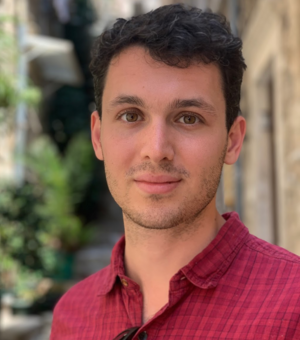 | Eyck FreymannEyck is a doctoral candidate in Area Studies (China) at Balliol College, University of Oxford. His research examines why democratic countries engage with China's One Belt One Road initiative, and h |
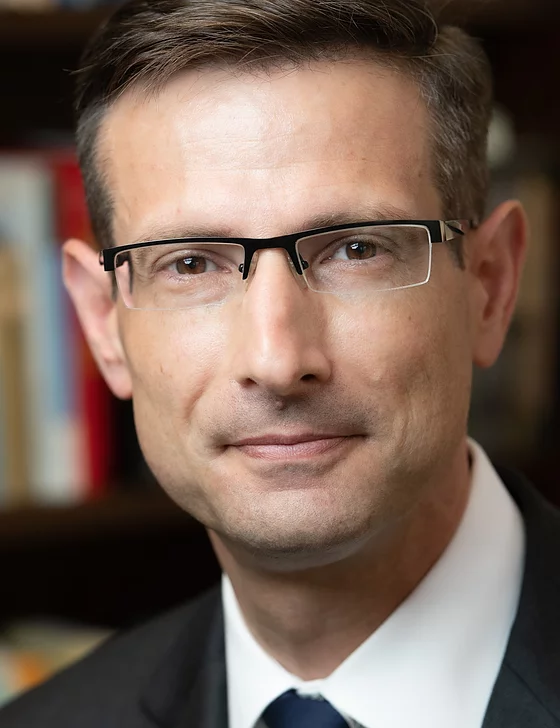 | Daniel MarkeyDaniel Markey is a senior research professor at Johns Hopkins University’s School of Advanced International Studies (SAIS). He also serves as the academic director of the SAIS Global Policy Program |
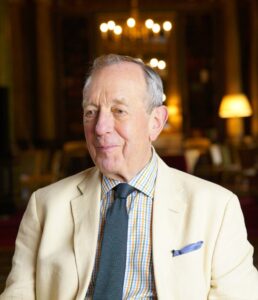 | Roger GarsideRoger Garside is a former diplomat, development banker, and capital market development advisor. He twice served in the British Embassy in Beijing and is the author of the highly acclaimed Coming Al |
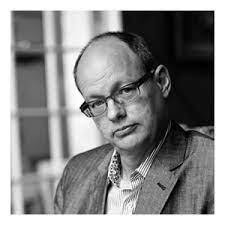 | Frank DikotterFrank Dikötter is the author of the People's Trilogy, a series of books that document the impact of communism on the lives of ordinary people in China on the basis of new archival material. The fir |
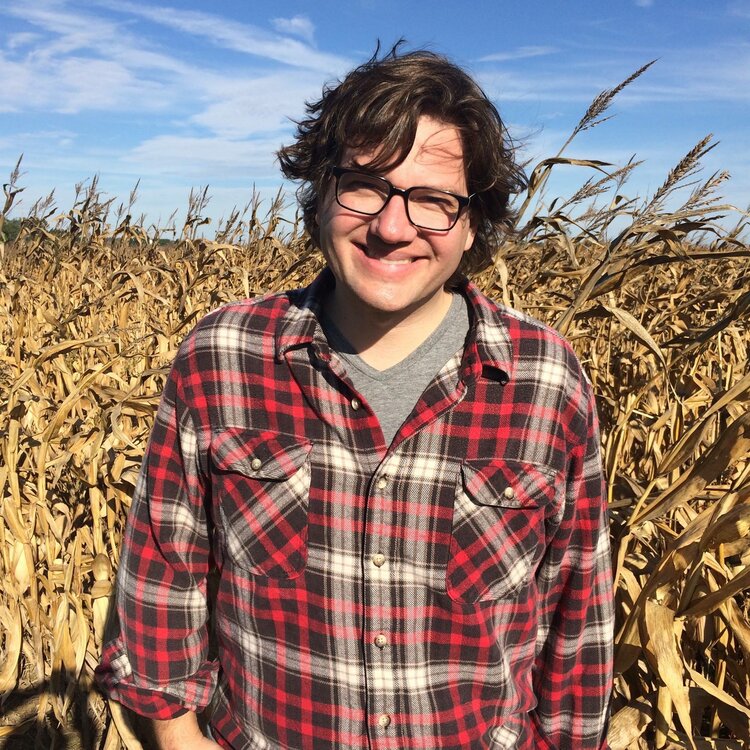 | Jason M KellyJason M. Kelly is Director of the IUPUI Arts and Humanities Institute and Chair and Professor of History in the Indiana University School of Liberal Arts at IUPUI. He is also an Adjunct Professor o |
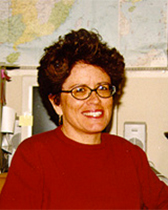 | Melissa MacAuleyMelissa Macauley (Ph.D., Berkeley, 1993) specializes in late imperial and modern Chinese history. Her research interests include social history and legal culture, the interconnected history of sout |
 | John M HobsonProfessor Hobson gained his PhD from the LSE (1991), joined the Department in 2004 as Reader and became Professor of Politics and International Relations in 2005. Previously he taught at La Trobe U |
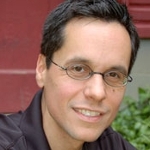 | Tonio AndradeI’m part of a new field in historical studies known as Global History, which focuses on commonalities and connections between the myriad societies on the planet rather than on traditionally-defined |
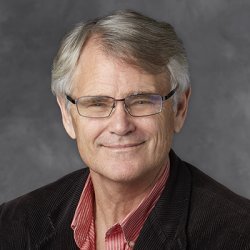 | Scott RozelleScott Rozelle is the Helen F. Farnsworth Senior Fellow and the co-director of Stanford Center on China's Economy and Institutions in the Freeman Spogli Institute for International Studies and Stanf |
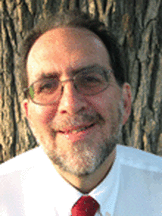 | Jonathan KaufmanJonathan Kaufman is Pulitzer Prize winning reporter, editor and author. He is currently Executive Editor for Company News at Bloomberg News, overseeing more than 300 reporters and editors globally |
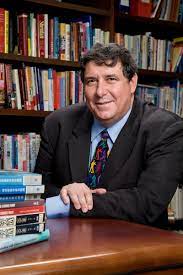 | Tony SaichAnthony Saich is the director of the Ash Center for Democratic Governance and Innovation and Daewoo Professor of International Affairs, teaching courses on comparative political institutions, democ |
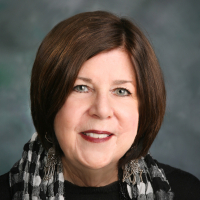 | Anne ThurstonAs director of the Grassroots China Initiative, works with local NGOs in China; former associate professor at Johns Hopkins SAIS and assistant professor at Fordham University; was China staff membe |
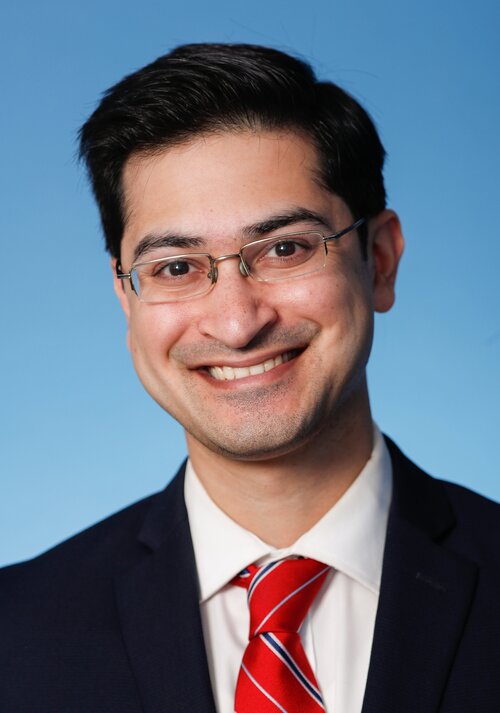 | Rush DoshiRush Doshi is the founding director of the Brookings China Strategy Initiative and a fellow in Brookings Foreign Policy. He is also a fellow (on leave) at Yale’s Paul Tsai China Center. His r |